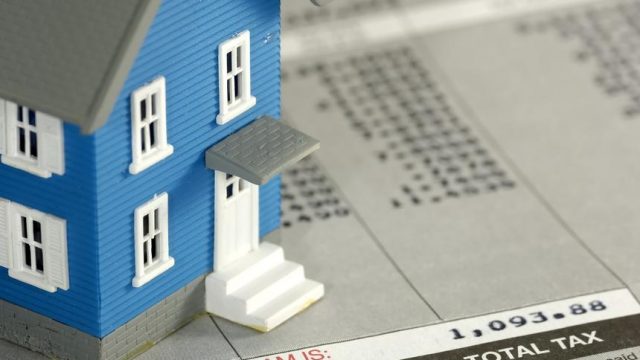Maybe Economic Development Policies Really Do Drive up Tax Burdens

There are two points of view when it comes to economic development policies which include tax exemptions.
Critics say that by exempting certain businesses or properties from taxes narrows the overall tax base, putting upward pressure on the taxes levied on everyone else not exempted.
Proponents argue that the exemptions spur development which wouldn’t happen anyway, which in turn creates a net increase in tax revenues.
Who is right? I’m not sure it’s a debate that will ever be settled one way or another, but we get a hint from what’s going on in Bismarck right now. That city voted to eliminate a Tax Increment Finance district. The result? About $2.4 million in additional revenues, including $1 million for the local school district:
The Bismarck City Commission dissolved the TIF district located in downtown Bismarck late last month. City commissioners voted unanimously to end the district in an effort to garner more support for the city’s Renaissance Zone program.
TIF districts are economic development tools that divert a portion of property taxes from the city’s general fund to special projects within the district.
BPS — which will receive the largest share of tax dollars from the former district properties — will collect an estimated $1 million per year starting in 2017. Bismarck Parks and Recreations will collect $354,000, the city will collect $582,000 and the county will collect $478,000, all reaching a total of $2.4 million.
There are always two sides to any debate over taxes: Revenues and spending. You could argue that, absent these revenues lost to the TIF district, these various political entities didn’t necessarily have to raise taxes. They could have dealt with the lost revenue by keeping spending in check.
But setting that point aside, there is no question that policies like TIF districts and other tax exemptions narrow the tax base. They put all the burden of paying for schools and snow plows and parks onto a smaller number of taxpayers.
Is the benefit of these policies worth that additional burden?
Again, proponents of these policies say yes, arguing that the development associated with these policies only happens because of the policies.
Critics, including this one, would argue that the bulk of the development would probably happen anyway.




